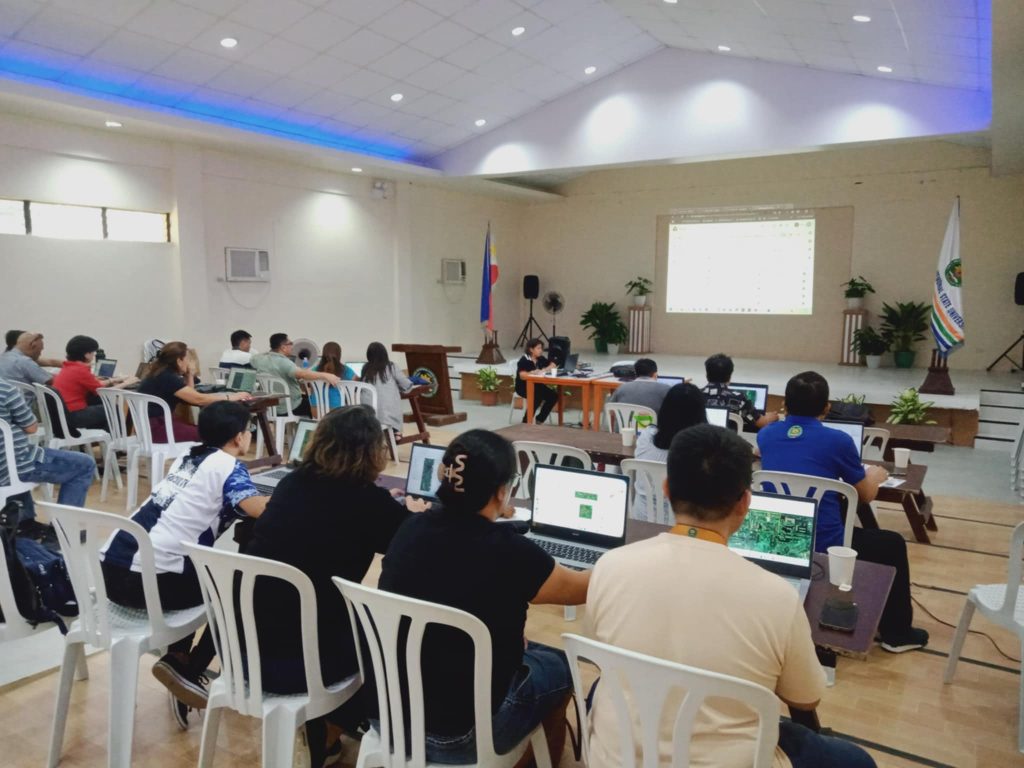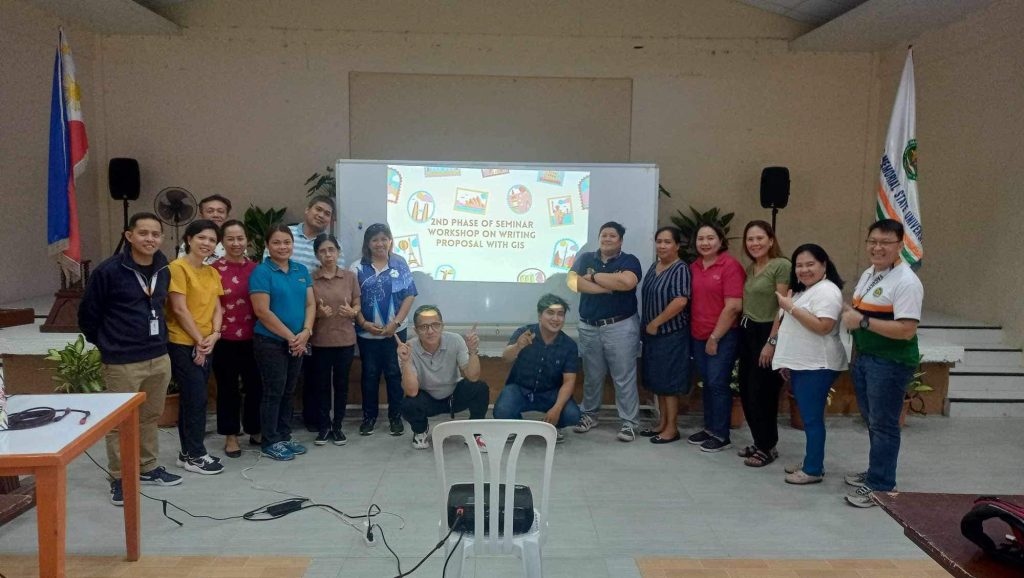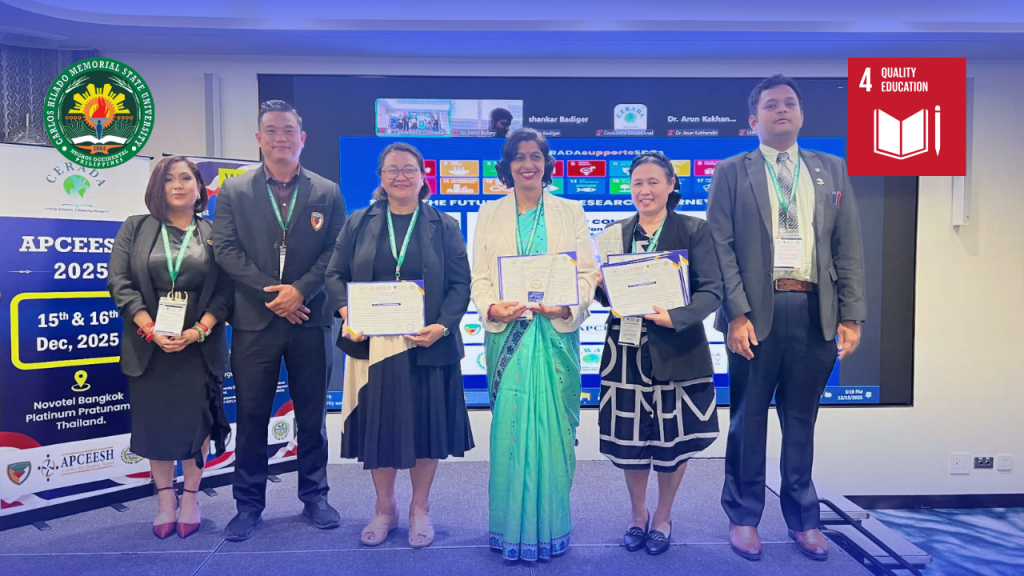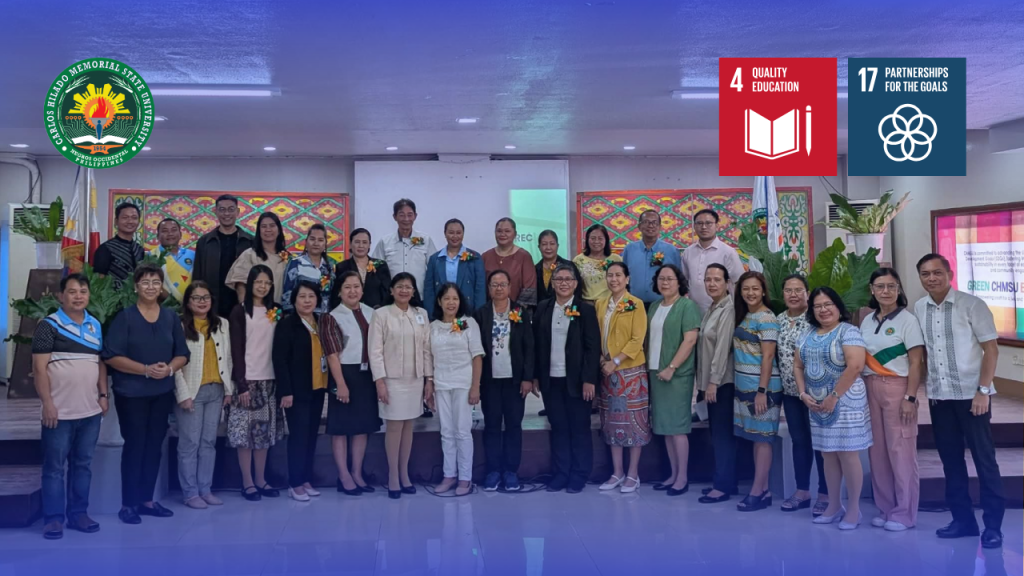The Geospatial System Training, held from November 13 to 15, 2024, at the Audio Visual Room of the College of Computer Studies, Alijis Campus, successfully equipped faculty from various disciplines with essential geospatial skills.

Participants from General Education Sciences, Information Technology, Information Systems, and Electronics and Computer Engineering gained valuable insights into the world of geographic information systems (GIS) and spatial data analysis.
The training delved into the fundamental concepts of geospatial technology, providing hands-on experience with GIS software.
The participants learned to acquire, manage, and analyze spatial data, enabling them to create informative maps and derive meaningful insights.
This knowledge empowers them to address real-world challenges in scientific research, urban planning, environmental monitoring, and disaster management.
The training fostered a collaborative learning environment by bridging the gap between theory and practice.
The participants had the opportunity to work together, share experiences, and explore the diverse applications of geospatial technology. This interdisciplinary approach highlights the significance of geospatial systems in data-driven decision-making across various scientific, technological, and engineering disciplines.

The training provided a solid foundation in core GIS principles and terminology, practical experience with GIS software tools to analyze spatial data, techniques for collecting, organizing, and managing geospatial data, methods for extracting meaningful information from spatial data, and skills to produce clear and informative maps.
By empowering students and faculty with geospatial skills, the training has equipped them to contribute to innovative research, sustainable development, and effective problem-solving.




